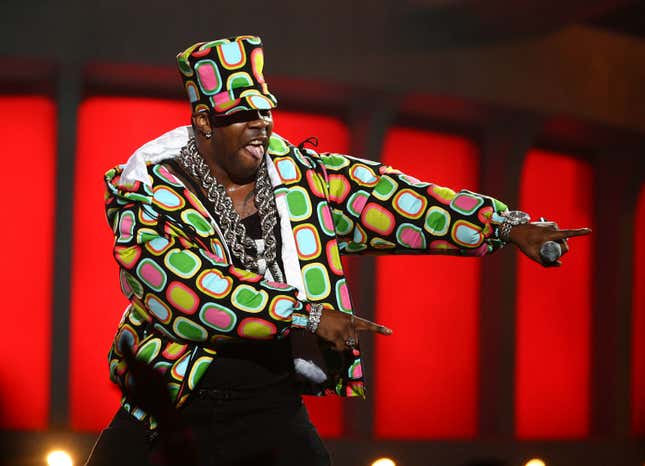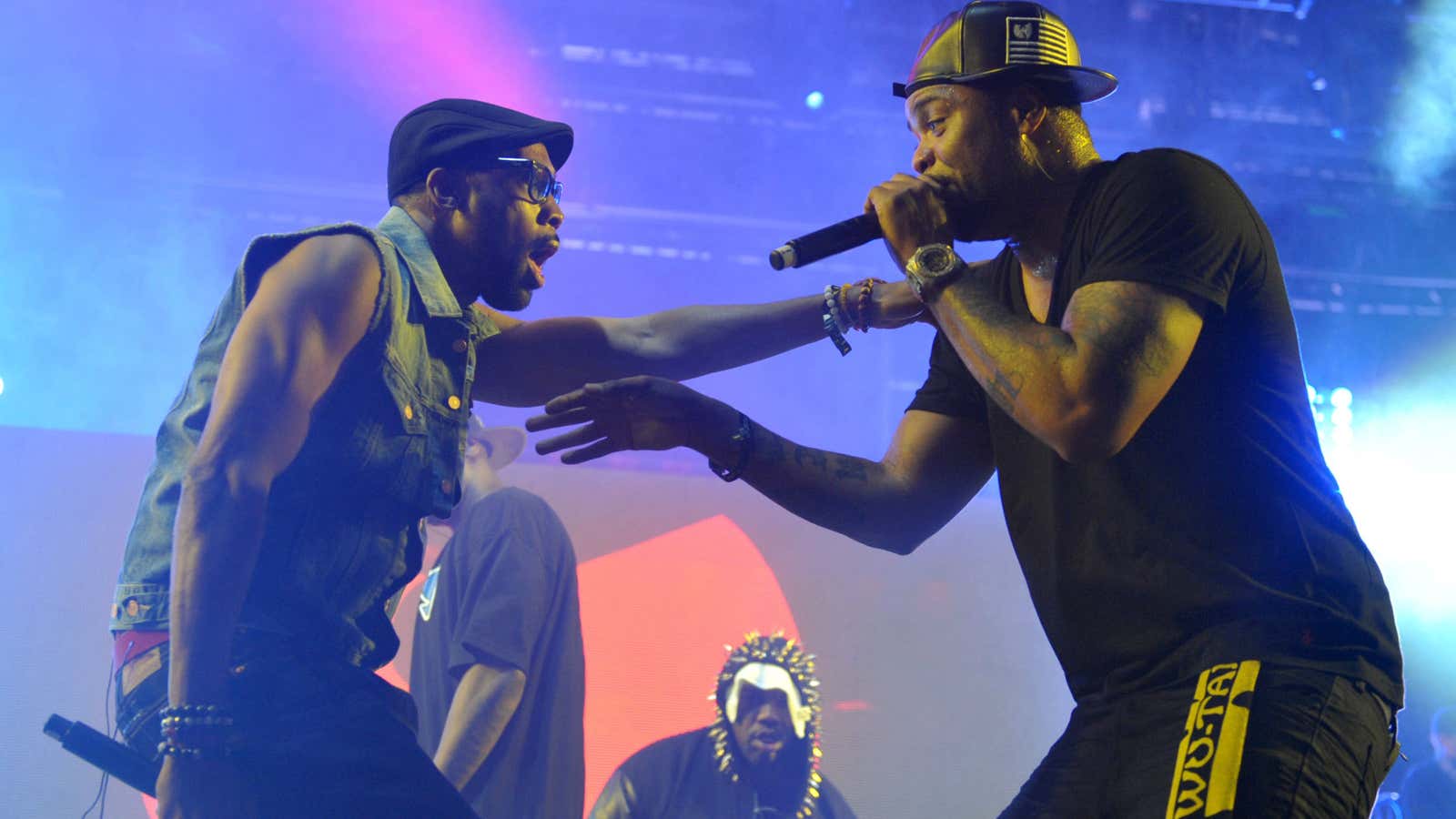As the Wu-Tang Clan famously observed:
Cash Rules Everything Around Me
C.R.E.A.M., get the money
Dollar, dollar bill y’all
The making and spending of money is a preoccupation of many hip-hop artists. (They’re quite good at it, too.) It follows, then, that professional financial analysts could learn a thing or two by studying their priorities.
Surely, at least one member of Wu-Tang has a CPA. Maybe Ghostface Killah.
Let’s start with company valuation. Where should you focus to get the best gauge of a firm’s financial health: the income, balance sheet, or cash-flow statement? The Rap Genius database of hip-hop lyrics tracks the frequency of words in songs going back to 1988, so we can measure which metrics money-conscious MCs rap about the most:
It’s just like Wu-Tang says: cash is king. Sales, profits, and other assets are irrelevant if a company doesn’t have liquidity. This is well understood, it seems, on both Wall Street and the mean streets.
You can’t necessarily ignore the bottom line, of course. But with companies fiddling with all sorts of pro-forma measures of profit, it can get confusing. So it goes with the oft-cited measure of operating profit: EBITDA, or earnings before interest, taxes, depreciation, and amortization. What should we really be worrying about?
As even mighty corporations like Apple have learned, the government’s take is not easily avoided. Rick Ross knows the importance of good tax planning:
Fabricate ’bout your fortune, all my fabric’s imported
Fornicate in my fortress, 40K still my mortgage
24K my toilet, all my taxes reported
And what about capital structure? Corporate finance theory suggests that, in perfect markets, it doesn’t matter how a company finances its operations, be it with stocks, bonds, bank loans, or other sources. But rappers think otherwise:
Since the early days of hip-hop, MCs have always been more preoccupied with debt. Here’s Chuck D of Public Enemy:
I’m adding woes, that’s the way it goes
Then you think I rank I never drank, point blank
I own loans, suckers got me running from the bank
The rap world also long ago reached consensus on other matters of debate in financial circles, such as the best way to return money to shareholders:
The discipline and predictability that comes from regular dividends is preferred to the whims of periodic repurchases of company stock. Or, at least, that seems to be the case for Chief Keef:
Pockets like Michelin, hundred Benjamins
Don’t do division, on my dividends
In summary, when analyzing a company’s financial statements, hip-hop artists advise paying particularly close attention to cash flows, taxes, debts, and dividends. For any other investment questions you have, make the Rap Stats search engine part of your research routine. (But be warned: the hip-hop world provides little guidance on things like contingent liabilities or non-current deferred revenue—I checked.)

It’s also important to remember to take a step back and think about whether investing in individual stocks is wise at all. As Busta Rhymes, who may or may not be studying for the CFA Level 1 exam, will tell you, broad-based index funds are often the best places for savers to park hard-earned cash when times are tough:
Makin ya run, me and my gun
Stackin my ones
Floss a little, invest up in a mutual fund
